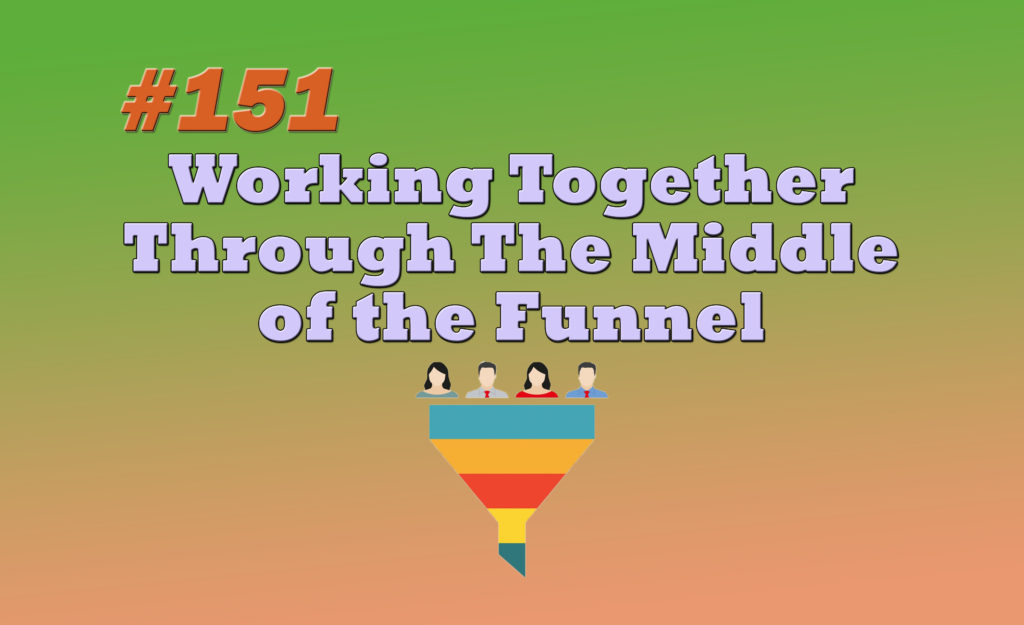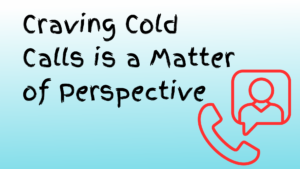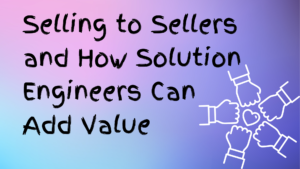
Blog
How can Sales Engineers and sales reps win together as a team? One of the greatest relationships you can have at work that will make an absolute impact on your performance and output is your relationship with your sales counterpart. In Chris White’s book, he constantly quips the saying “Sales is a team sport.” And today, he’s joining us once again to share with us what he’s learned over the past years training salespeople and SEs alike and how both roles can work best together to deliver outstanding results for the company.
Chris White is an accomplished author, trainer, coach, teacher, and Sales Engineering leader. He penned “The Six Habits of Highly Effective Sales Engineers”, an amalgamation of over a decade of experience in the field where Chris is able to articulate the importance of a number of key habits that will lead any SE to success.
Key Takeaways:
Tune in to our conversation and learn about:
- How it’s like training both sales folks and Sales Engineers in the same room
- Rebranding from just Demo Doctor to Tech Sales Adviser
- The benefits of salespeople attending the same training geared towards SEs
- Team selling training for the middle of the funnel
- What do salespeople and sales engineers fear the most in the context of a deal?
- Why is it hard for sales folk and SEs to understand each other’s expectations?
- What do sales engineers expect from their sales counterpart and vice versa?
- Dropping the rope
- How can we get the other party to think about the customer first?
- Holding our sales counterparts and ourselves accountable and not taking things too personally
- Common complaints or frustrations salespeople have with sales engineers
- Asking open-ended questions
How can we improve communication between salespeople and Sales Engineers?
- Remember that sales is a team sport. Start with, what’s in the best interest of the customer
- Get our mindset straight. Know what your position is and know what you’re trying to achieve with the conversation, and go into it with the right attitude.
Model for Having a Difficult Conversation between Sales Engineers and Salespeople:
- Expectations
- Observations
- Interpretations
Quotes:
On what salespeople are beginning to understand from team selling training: “From one perspective, they’re eager and frankly incentivized to see their sales engineers sort of be more productive, more engaged and engaging, they sort of come with an anticipation of seeing how is it that our sales engineers are being enabled… but I think the other part is they’re learning how to better communicate with their SE, they’re starting to understand some of the mistakes that they are making that are producing some of the problems that they think are sort of coming from the other side one of the things.”
On the difference between team sales training now versus 10 years ago: “There’s no doubt in mind about sales engineers being viewed more strategically now than let’s say, a decade ago, and frankly I just think that there’s more awareness in the market from a sales enablement perspective there’s more awareness from the sales training perspective there’s maybe more awareness from like the C-suite perspective and btw that’s evidenced not only do we have software vendors popping up what seems like left and right, we now have investment money flooding the space which is a clear indication that there’s newfound interest… I think the SE leaders have more of a seat on the table now more than ever within an organization.”
On how to start a difficult conversation with your sales counterpart: “What we don’t we just talked about what do they fear most, but what we know is most important to them is to close a deal, so I think if we wanna have a conversation with sales counterpart, maybe in regards to the approach or the strategy for the customer I think a great way to remind ourselves they’re under a lot of pressure. We can even open with, “Look, I know you’re in a lot of pressure…” but open with “I have some ideas on the best way that I think to win this deal. Is this something you’d be interested to have a conversation about? Would you be open to some input on what I think is gonna give us the best chance to win those deals?”
What Chris teaches during a discovery training: “When we do discovery we wanna use open-ended questions, get people talking . is to use the 6 interrogatives, right? What, how, when, where. The one we need to be careful of is “Why” because sometimes a question that begins with why can be interpreted as accusatory.”
What dropping the rope really means: “It’s simply recognizing everyone’s freedom to choose. the analogy is a tug of war, and you grabbed it, you’d pull back. But the moment I drop the rope, there’s nothing for you to pull against… The idea is that people naturally resist change if they feel as though their right to choose is not being respected. Here are a couple of different options, the ultimate decision is yours.”
On the best way to improve your working relationship with your sales counterpart: “At the end of the day, it’s all about losing that ego. We all make a mistake whether you’re in sales or you’re a Sales Engineer… but if I can make a mental conscious decision to make the other person the priority in the conversation, and or the customer the priority of the conversation and put but your agenda secondary to either the other person’s priority or the customer I think that sets the stage for very good conversations. If we can learn to make it not about us, this is not about me, this is about what’s right for the customer, I think we’re doing a lot better than we otherwise will be.”
Connect with Chris on Linkedin
Chris has been on the following shows:
#95 The 6 Habits of Highly Effective Sales Engineers
#99 The Importance of Discovery
#100 Cast a Big Shadow! with John Care and Greg Holmes
If you enjoyed this podcast, please support the show by dropping a review or rating on iTunes. https://podcasts.apple.com/us/podcast/we-sales-engineers-resource-for-sales-engineers-by/id1378292171




This Post Has One Comment
Pingback: 4/1/1 Analysis of Small Adjustments for Big Growth | We The Sales Engineers